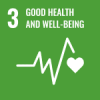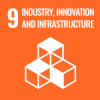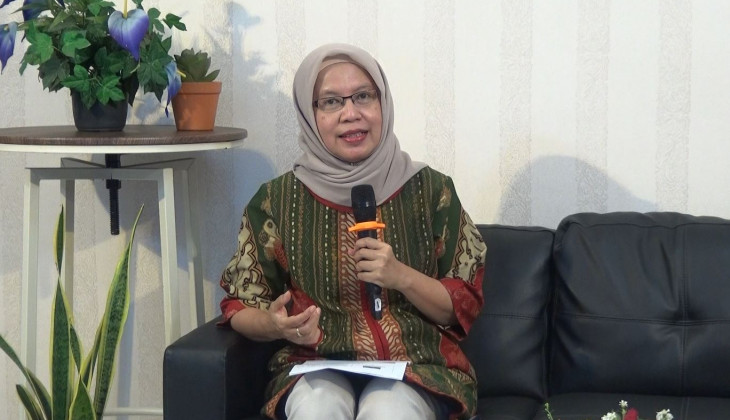The Yogyakarta World Mosquito Program (WMP) carried out a limited-scale release of mosquitoes in 2014.
Warsito Tantowijoyo, Ph.D., Entomology Team Leader of WMP Yogyakarta, revealed that the limited-scale release of Wolbachia mosquitoes in four hamlets of Sleman and Bantul Regencies had shown excellent results.
“The release results show that the Wolbachia mosquito can survive in a natural environment and successfully breed. An estimation shows that the Wolbachia mosquito has reached 100 generations that have succeeded inbreeding. Approximately 100% of their offspring contain Wolbachia,” explained Warsito.
He conveyed this statement in a limited-scale release webinar and risk analysis on Wednesday (19/8) as a part of the Wolbachia Innovation Festival Series entitled Science for Humanity (12/8).
From the viewpoint of risk analysis, Prof. Dr. Ir. Damayanti Buchori, M.Sc., an Entomologist from the Bogor Agricultural Institute, explained that the research conducted by WMP Yogyakarta for the next 30 years has a very little or negligible negative impact.
The risk impact analysis conducted that it was found the fact that 98 percent of Wolbachia mosquitoes’ release did not pose a risk. This risk is seen in several aspects, such as ecology, economy, socio-culture, health, and mosquito management efficacy.
“We see this risk from two components, first from the opportunity that will occur, also by the consequences. We identified various possibilities,” she explained.
After releasing the Wolbachia mosquito on a limited scale, WMP Yogyakarta then conducted active and passive surveillance to monitor dengue fever cases in the community. WMP Yogyakarta sends officers to monitor dengue cases in all areas that are scattered with Wolbachia mosquitoes.
“Data from active and passive surveillance shows that there has been a significant decrease from 2014 to 2017 cases,” said WMP Yogyakarta Epidemiologist, dr. Citra Indriani M.P.H.
On the same occasion, Prof. Adi Utarini, Main Researcher of WMP Yogyakarta, demonstrated the strategy of WMP Yogyakarta in approaching the community.
The initial approach taken to obtain consent from residents was through individual consent in several areas in Sleman. Furthermore, WMP Yogyakarta used community consent in the Bantul area, where communities targeted the Rukun Tetangga (RT) level.
“I believe all researchers agree that requesting citizen consent is not just an administrative procedure, nor is it a procedure that protects researchers if something happens. I am sure that researchers will ensure that every individual in the community gets adequate information so that the decision to agree or not is based on an understanding of complete information,” he explained.
On this talk show occasion, he spoke with representatives of the beneficiary community, namely Herman Budi Pramono, Head of Trihanggo Village, who shared the experiences of residents of Trihanggo Village when the first release of Wolbachia mosquitoes carried out in Kronggahan Hamlet.
Although there were pros and cons among the residents, the socialization conducted by WMP Yogyakarta and the full support of regional stakeholders helped the community learn the purpose of this research.
“I explained to the residents that by participating in this research, we are already fighting against dengue fever. When this program is successful, at least we have contributed humanity in the world,” said Herman when he was convincing his community.
All this while, the people of Kronggahan Hamlet, Trihanggo Village, have benefited from the release of Wolbachia mosquitoes. Now, the number of dengue fever in the area has diminished considerably.



